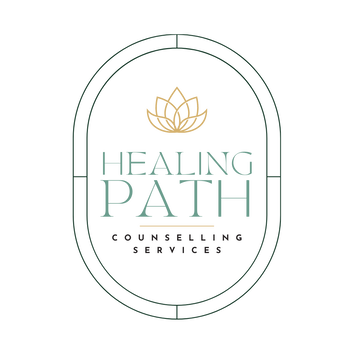How to Recognize and Recover from BurnoutWith modern life and a myriad of responsibilities that includes work, family and more, burnout has become a major concern that impacts people across various socio-economic levels. It is therefore essential to bring to light the symptoms and provide effective strategies to recover from burnout. In this blog post, we will discuss the signs and symptoms of burnout and offer practical tips for recovery and preventing burnout in the future. Understanding Burnout: Burnout can result from a combination of physical, emotional, and mental exhaustion. In addition, it often leads to experiencing low levels of motivation and productivity. Burnout can occur due to chronic stress and from feeling overwhelmed by too many work and family responsibilities. Common Sources of Burnout: Burnout can stem from your professional and/or personal life. Professionally, you may feel that your workload is too heavy, lack support from supervisors and colleagues, be under constant pressure to perform or be experiencing persistent conflicts in the workplace. Personally, you may be the sole or primary caregiver for a chronically ill family member, juggling career while raising children as a single parent or be struggling with financial pressures from overwhelming debt or unemployment. Physical Signs and Symptoms of Burnout: Physical signs and symptoms of burnout can manifest in various ways and one of the most common is feelings of exhaustion, where you feel physically and emotionally depleted. This is often due to disrupted sleeping patterns stemming from persistent stress and anxiety coupled with an inability to shut down the negative mental chatter when it’s time for bed. Frequent headaches and illness from colds or flus are other common symptoms of burnout, as chronic stress weakens the immune system and makes you more prone to falling ill with viruses and infections. Emotional Signs and Symptoms of Burnout: The emotional signs and symptoms of burnout can include anxiety and depression, lack of interest and motivation for activities you previously found pleasurable, feeling irritable and moody as well as feelings of pessimism regarding work or life in general. Cognitive Signs and Symptoms of Burnout: Trouble making decisions and difficulties concentrating are common cognitive symptoms of burnout especially if coupled with feeling overwhelmed by work and family obligations. In addition, negative self-talk and feelings of self-doubt are normal during highly stressful times. Recognizing the above signs and symptoms is crucial for addressing burnout and implementing strategies for self-care and stress management. If left unchecked, chronic stress can lead to a variety of serious health problems. Coping Strategies for Burnout: Self-Care Practices: First and foremost, self-care practices need to take priority in recovering and preventing burnout. Ensure that you get sufficient sleep and relaxation time to allow your mind and body to recover from the stresses of your day. In addition, if sleep quality is an issue, examine whether your diet and exercise levels need to be addressed. For example, cutting out caffeine and sugar can dramatically improve stress levels and sleep quality. Making time to get out for a daily walks can also do wonders. Meditation and mindfulness are enormously beneficial for managing stress and preventing burnout. And, you can benefit from as little as 10 minutes of meditation time per day. Or, try a few minutes of deep breathing for managing stress. Dr. Andrew Weil popularized a lovely breathwork practice that only takes a few minutes called the 4-7-8 breathing technique. Set Boundaries: Set realistic boundaries and communicate your limits to prevent work overload. If you are a people pleaser who hates saying “no”, it’s time to change. You need to ask for support from others and delegate responsibilities to lighten your workload. Manage your time and your energy by prioritizing tasks and setting realistic goals. Not everything is an emergency. Take regular breaks and do something pleasurable every day even if all you can manage is taking the time to enjoy a cup of herbal tea. Seek Help from a Professional or Support Group: If you’re struggling with stress and overwhelm, then you need support. Consult with a mental health professional to explore underlying causes and develop coping strategies. In most cases, you will be able to claim the expense through your benefits program at work. Also, share your feelings with trusted friends, family, or colleagues who can provide a sounding board, emotional support and guidance. Consider seeking professional support from a Career Counsellor if your stress and overwhelm stems from your job or unemployment. Alternatively, seek support from a Social Worker if you need advice regarding the care of a family member, balancing work and home life as a single parent or, managing your finances and getting out of debt. Conclusion: Recognizing the signs of burnout is crucial for maintaining mental health and preventing further negative outcomes. By practicing self-care, setting boundaries, and seeking professional help when needed, you can regain control over your life and well-being and recover from burnout. If you need support in preventing or recovering from burnout, reach out to Sabrina for a complimentary 15 minute consultation. Sabrina is a registered social worker and psychotherapist who specialises in helping individuals dealing with chronic stress, trauma and other complex issues. #recoverfromburnout #burnoutrecovery #symptomsofburnout #burnout
|
AuthorSabrina Martelli is a mother of two, wife, social worker and entrepreneur. Archives
June 2024
Categories |
Serving the following areas:
© by Sabrina Martelli, MSW, RSW, Psychotherapist



 RSS Feed
RSS Feed




